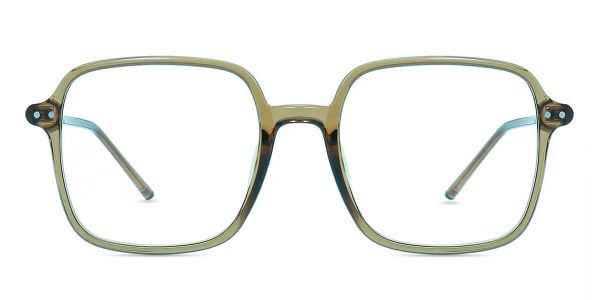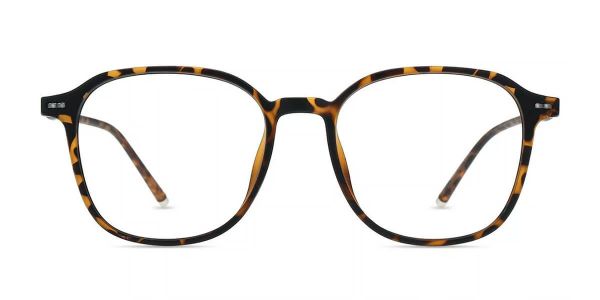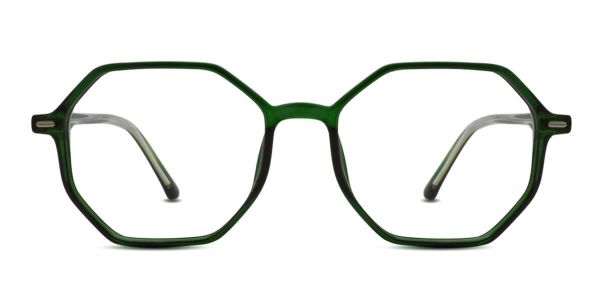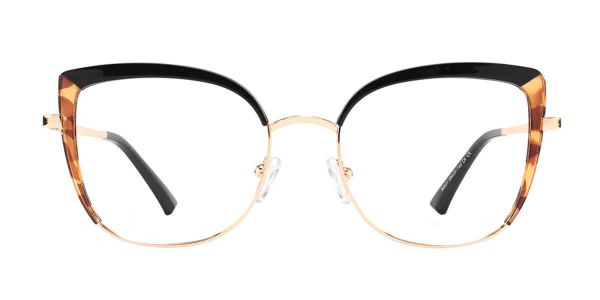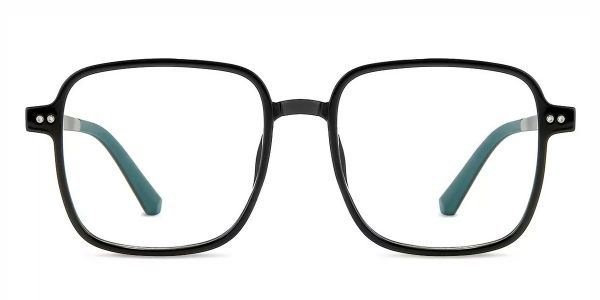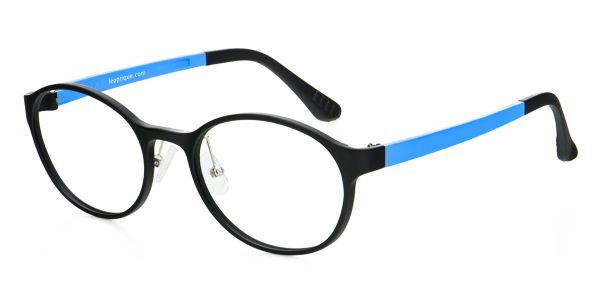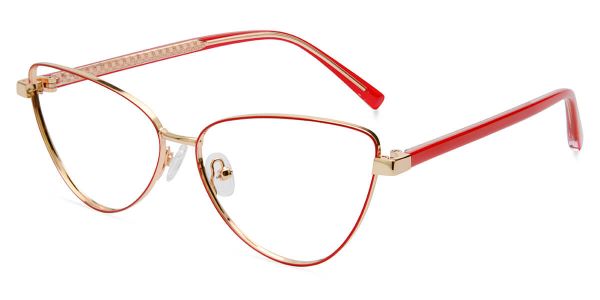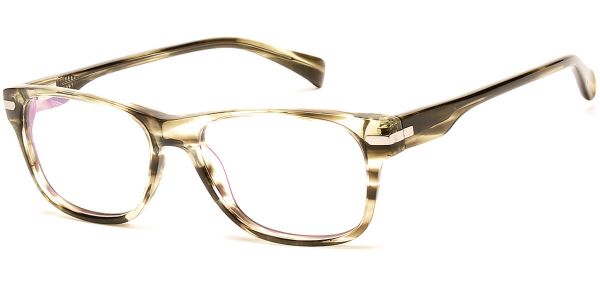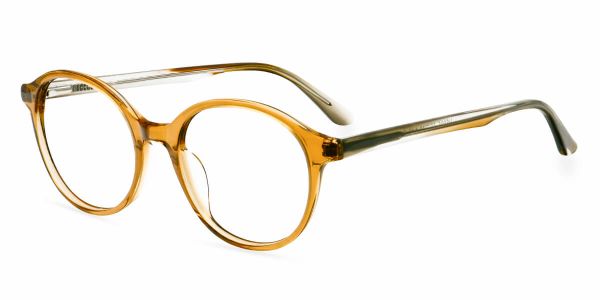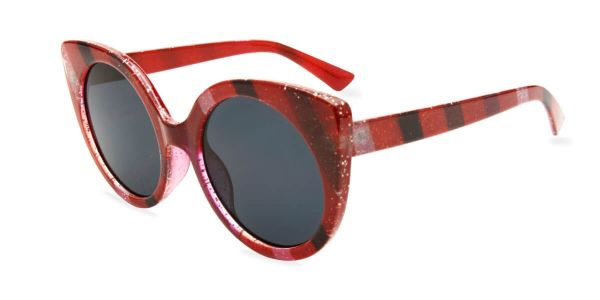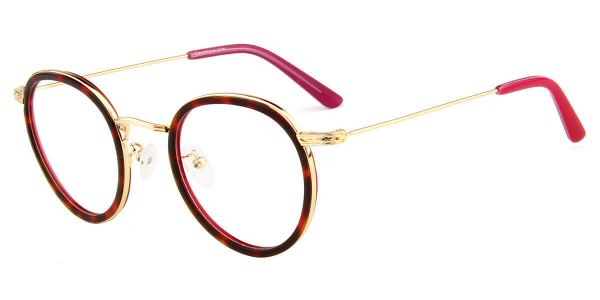
Getting a new pair of glasses should enhance your vision and comfort, but sometimes people experience dizziness or nausea when wearing new eyeglasses. In this article, we explore the reasons behind this discomfort and offer insights into how to address these issues.
Common Causes of Discomfort:
-
The New Glasses Effect: Adjusting to a new pair of glasses takes time. The visual and physical differences between old and new glasses can lead to initial discomfort, but this is often temporary. Your eyes need time to adapt to the changes in lens clarity, light transmission, and frame design.
-
Extended Use of Old Glasses: Over time, old glasses may accumulate scratches, yellowing, and reduced clarity. Despite these imperfections, your eyes may have grown accustomed to the familiar feel of your old glasses. The transition to new glasses may cause initial discomfort until your eyes adapt to the improved vision.
-
Changes in Prescription: Variations in prescription, including changes in myopia, astigmatism, and axis positioning, can impact the comfort of new glasses. Larger prescription differences may result in a longer adaptation period, while smaller changes may lead to a quicker adjustment.
-
Inaccurate Prescription: The accuracy of your eyeglass prescription is crucial for a comfortable wearing experience. An improper prescription, obtained through a simplistic computerized eye test, may not account for various factors affecting visual comfort, leading to discomfort and visual fatigue.
Tips for a Smooth Transition:
-
Gradual Adaptation: Allow yourself time to adapt to the new glasses. Wear them for shorter periods initially and gradually increase the duration as your eyes adjust.
-
Regular Follow-Up: If discomfort persists beyond a month, consider revisiting the eye care professional for a follow-up. They can assess the fit, prescription accuracy, and make necessary adjustments.
-
Communicate with Eyecare Professionals: Effective communication with eyecare professionals is crucial. Share your daily visual needs, any discomfort experienced, and participate actively in the fitting process to ensure a tailored solution.
-
Thorough Eye Exam: Prioritize a comprehensive eye examination rather than relying solely on computerized tests. A thorough exam considers eye health, balance, binocularity, and other factors crucial for an accurate prescription.
While discomfort with new glasses is common, understanding the reasons behind it allows for effective solutions. Patience, clear communication with eyecare professionals, and regular follow-ups are key to ensuring a seamless transition to your new eyeglasses. If persistent issues arise, seeking professional guidance ensures optimal vision correction and overall eye health.

